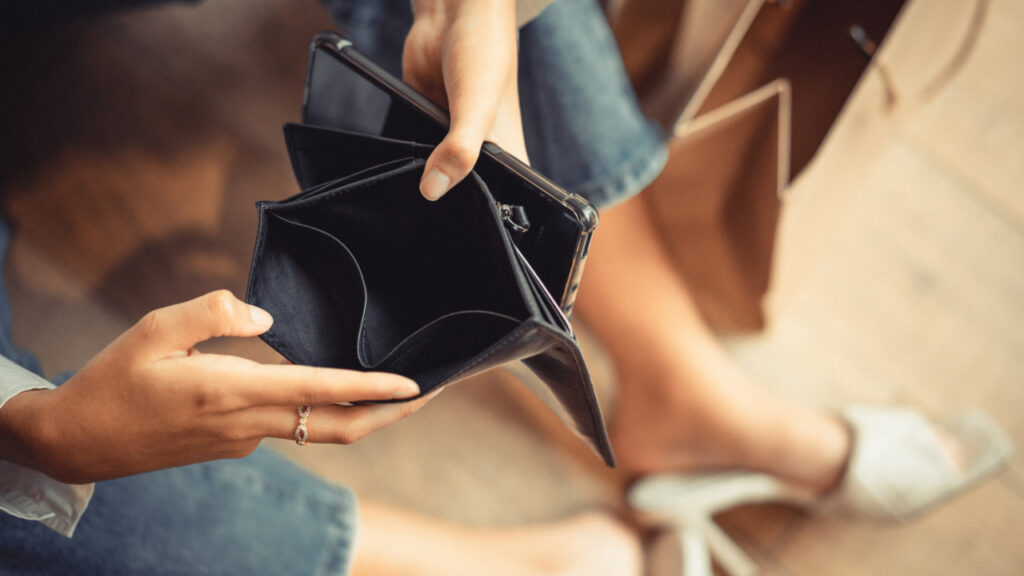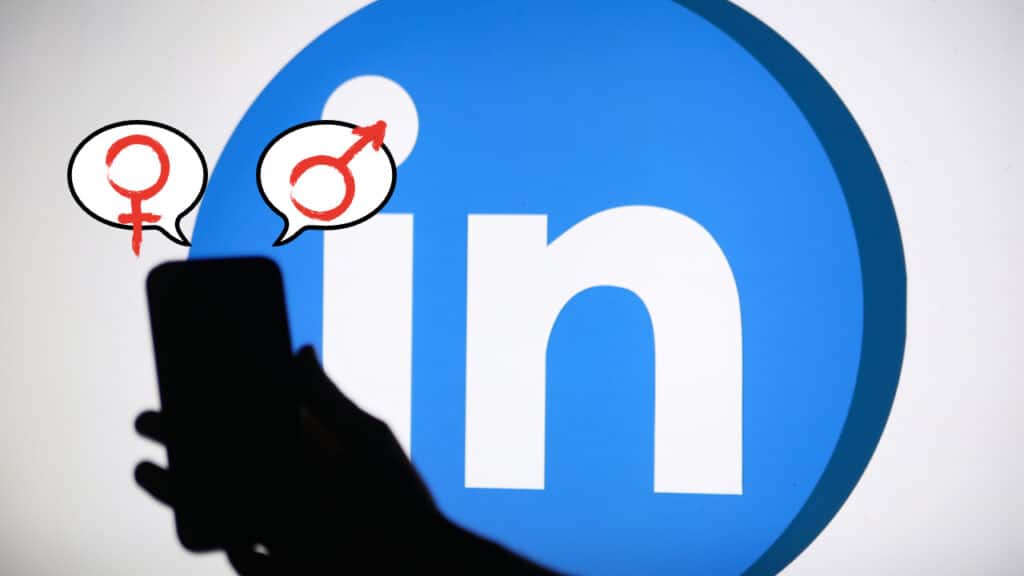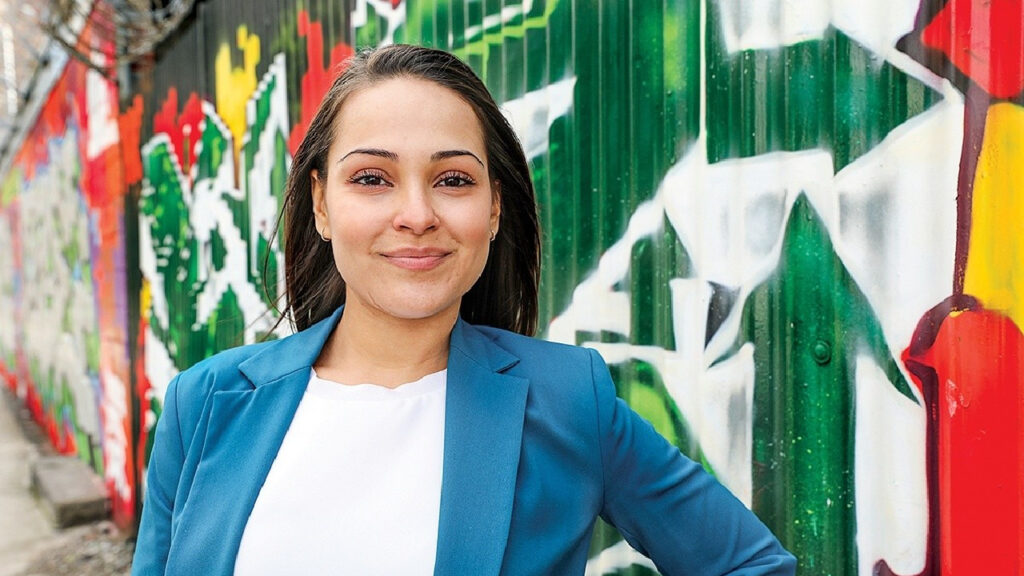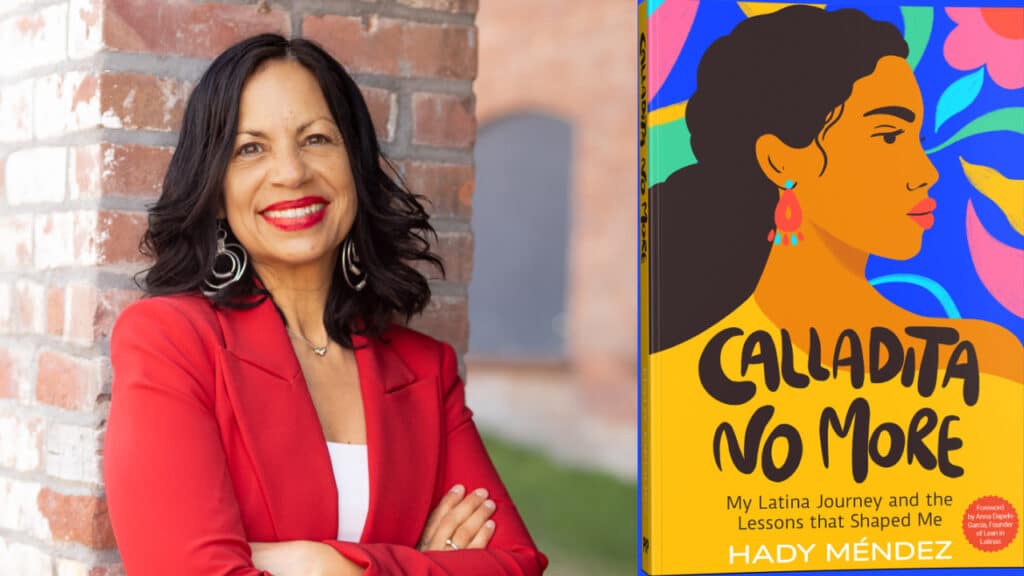
Latinas Are Big Economic Players—But Are Our Spending Habits Helping Us Grow Wealth?
You’re in line at Target, iced cafecito in hand, and your total rings up higher than expected—again. Sound familiar? If you’re a Latina in the U.S., chances are your spending habits are powering more of the economy than you realize.
Latina spending habits are fueling the U.S. economy—so why aren’t we budgeting better?
According to CNBC, Latinas contributed $1.3 trillion to the U.S. GDP in 2021 alone. That number beats the entire economy of Florida and is expected to keep growing. Yet, despite this massive contribution, research by Pro Mujer reveals that many Latinas remain overrepresented in low-wage jobs and financially precarious roles.
So where’s the disconnect? Experts say it’s not a lack of hustle—it’s a lack of access. From financial literacy gaps to cultural taboos around money talk, the barriers are real. But here’s the thing: our gastos have power. And by understanding our spending habits, we can turn economic force into generational wealth.
Our spending habits reflect our priorities—but are they intentional?
Research from Circana shows that Hispanic households now make up 20% of the U.S. population and are fueling 16% of consumer packaged goods growth. From grocery store runs to Ulta hauls, Latinas are steering what the U.S. buys. But while we excel in consumption, financial planning doesn’t always keep pace.
That’s where Suma Wealth comes in. For Financial Literacy Month, they broke down 10 micro-habits that could make you rich—or at least a lot savvier with your money. Spoiler: none of them involve skipping your cafecito.
Breaking down money taboos starts with chisme
One of the first tips Suma Wealth offers? Talk about your money—loudly and often. According to Wells Fargo, Latino families that discuss finances openly are more likely to have emergency savings and shared financial goals. Think of it as financial chisme: budget convos over brunch, salary talk in the group chat, and honest convos about debt with your primas.
“Pay yourself first” isn’t just a saying
Another small habit with a huge impact? Saving before you spend. Set aside a portion of your paycheck before you hit Confirm on that Amazon order. Even if it’s $20, it builds discipline and stability over time. TIAA reports that 46% of Hispanic households lack emergency funds—this one shift could change that stat.
Why our spending habits need to evolve from consumer to creator
Latinas are known for our creativity, and Suma says it’s time to monetize it. Whether it’s starting a side hustle or investing in yourself, shifting from consumer to creator is how many wealthy people build income streams. According to LatinVex, women influence over 70% of global purchasing decisions. Imagine what happens when we start owning what we sell.
We’re shopping—but are we investing?
That $5 coffee habit? Not a crime. But Suma suggests balancing indulgence with intention. If you’re buying at Target or Ulta anyway, check if they offer stocks. A recent study shows 52% of Latinas have expanded their investing knowledge over the last five years. We love a beauty haul—why not invest in the companies behind our carts?
Cleaning up your feed is a financial strategy
Suma also recommends unfollowing any influencers or friends who make you feel behind. Instead, follow Latina finance experts who’ll help you negotiate your raise, build a budget, and normalize wealth in our community.
Latina spending habits can be both powerful and transformative
Latinas are a rising economic force. Per the Latina GDP Report by UCLA and California Lutheran University, Latinas have outpaced the GDP growth of every other group, growing 2.7 times faster than the non-Hispanic population between 2010 and 2021. That growth is real, and it deserves financial tools that match.
Changing our spending habits starts with culture, not shame
From tandas to teaching your primas how to budget, financial wellness doesn’t have to mean cutting joy. It means building smarter habits that align with our values. Whether it’s becoming one paycheck ahead, negotiating your next job offer, or finally starting that emergency fund, your spending habits have the power to reshape your future.
And the best part? You don’t have to do it alone. Just pass the budgeting spreadsheet to your prima and make it a thing.
This article is part of a Financial Literacy Month collaboration between FIERCE by mitú and SUMA Wealth.




